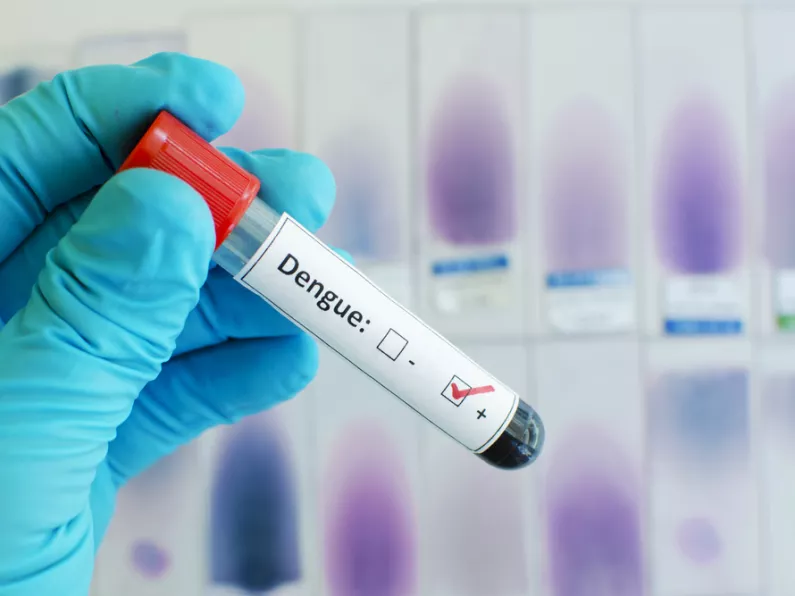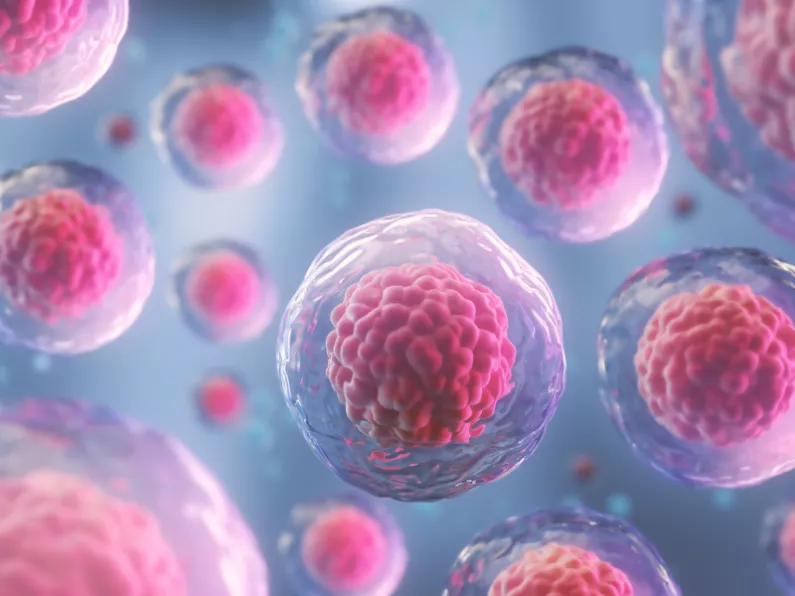Dengue is an illness spread through the bite of an infected mosquito.
As of February 2024, dengue remains a public health concern in Jamaica and Jamaicans are being urged to take every precaution to safeguard themselves and their family from this illness.
Chief Medical Officer, Dr Jacquiline Bisasor McKenzie said: "Persons are asked to play their part in ensuring that the Dengue cases are minimised by monitoring water storage containers for mosquito breeding; keeping surroundings free of debris; destroying or treating potential mosquito breeding sites; wearing protective clothing and using a DEET-containing mosquito repellant."
What is dengue fever?
Dengue fever is a mosquito-borne disease that is usually a mild illness in which a person may get a fever, headache, joint, and muscle pains.
Rest and adequate hydration are usually enough to see one through the period of illness.
The recommended treatment for the fever is acetaminophen/paracetamol.
Members of the public SHOULD NOT use aspirin, diclofenac, ibuprofen, or any of the medications/pain relievers known as non-steroidal anti-inflammatory drugs (NSAIDs), as these drugs have been known to increase the severity of the disease.
Dengue symptoms in infants
Symptoms of dengue in an infant may be difficult to recognize and are similar to other common childhood infections.
You must seek immediate medical help if your child develops a fever or low temperature (less than 36°C or 96.8°F) with any of the following symptoms:
- Sleepiness, lack of energy, or irritability
- Rash
- Unusual bleeding (gums, nose, bruising)
- Vomiting (at least 3 times in 24 hours).
Symptoms of dengue can quickly become severe, requiring immediate medical attention or hospitalization.
Caring for your sick infant at home
- Control the fever: Give paracetamol and always follow label instructions. Give cool water sponge baths.
- Give plenty of fluids: Water or drinks with added electrolytes are recommended. Dehydration occurs when a person loses too much body fluid from fever, vomiting, or not drinking enough fluids.
- Watch for signs of dehydration: Seek medical help immediately if your infant develops signs of dehydration.
Signs of mild to moderate dehydration
- Urinates less frequently (less than 6 wet diapers per day)
- Dry mouth, tongue, lips
- Few or no tears when crying
- Sunken soft spot on the head.
If your child has any of these symptoms, contact your doctor immediately.
Signs of severe dehydration
- Sleepiness, lack of energy, very fussy
- Sunken eyes
- Cool, discolored hands or feet
- Only rinates 1-2 times per day.
If your child displays any of these symptoms, you must go to an urgent care clinic or the emergency room immediately.









